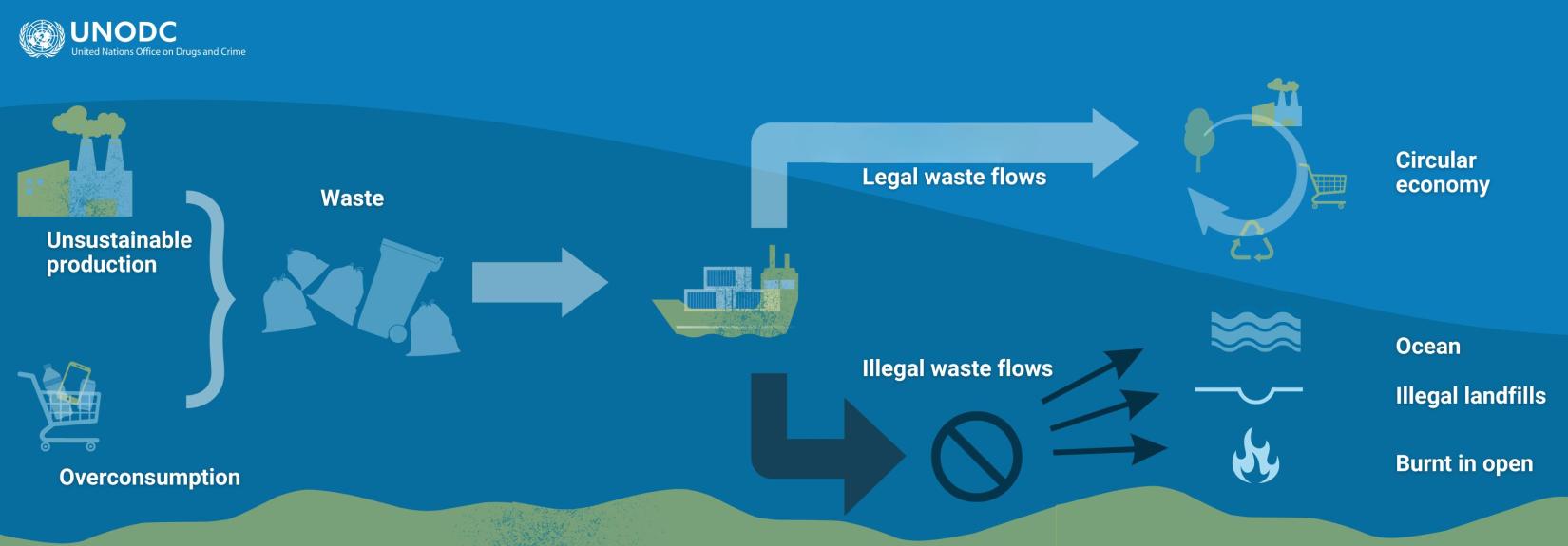7667766266
enquiry@shankarias.in
India, Turkey, Indonesia raise concerns over EU’s regulation on waste shipments at the WTO Committee on goods.

India faces environmental and safety concerns as around 8.8 lakh million tonnes of waste tyres, mainly from developed countries, are dumped, burnt, or retreated for resale in the aftermarket.
The circular economy promotes the share, repair, reuse, recycling, and reduction of materials.